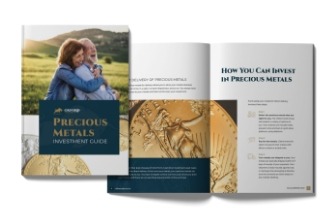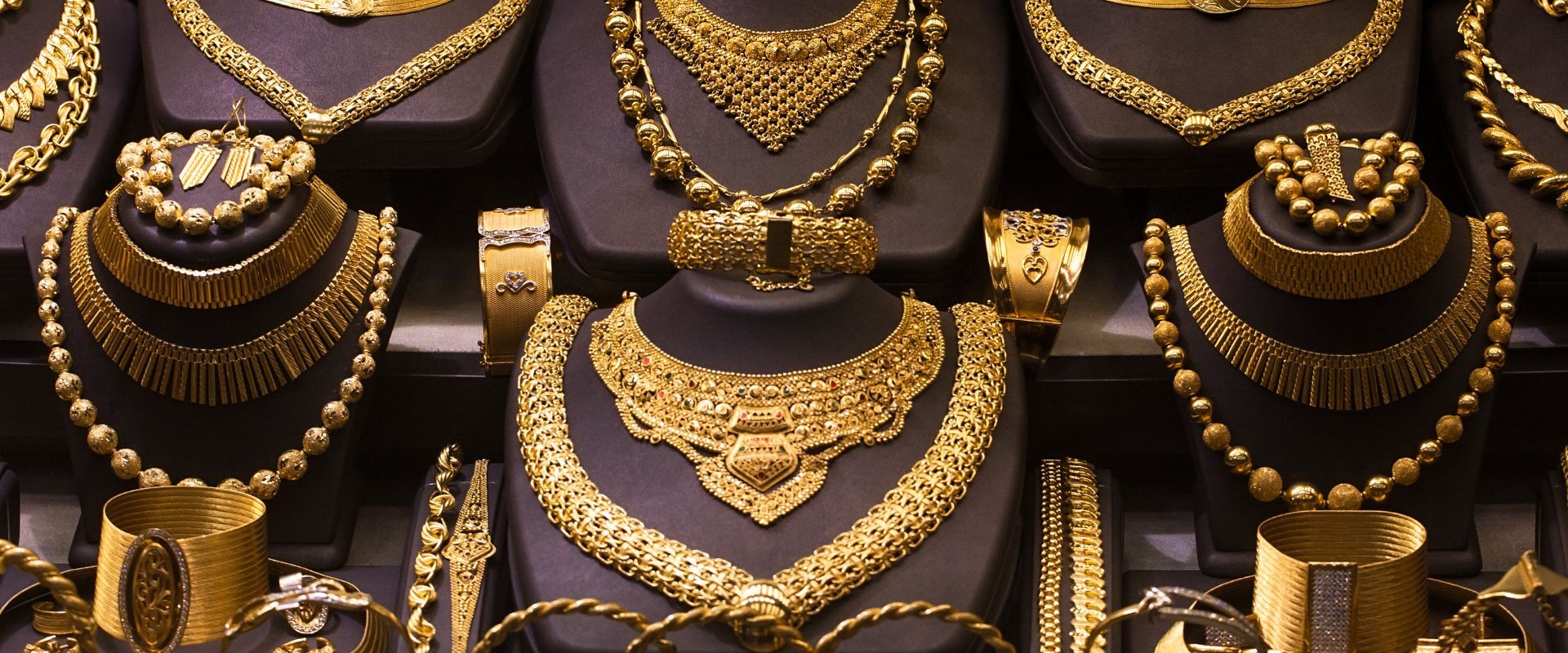Table of Contents
Before investing in gold, you’ll need to make an important decision. Where are you going to keep your gold? Unlike paper and digital assets, gold and other precious metals are physical commodities that require a real-world location for storage. This article will be an investor’s guide on how to store gold properly, including your available storage options, the pros and cons of each, tips for keeping your assets safe, and much more.
How To Store Gold Properly
Once you’ve made the initial investment, you’ll need to find the perfect storage solution for your gold that will suit your needs, fit your budget, and keep your assets safe and sound.
How Should You Store Gold at Home?
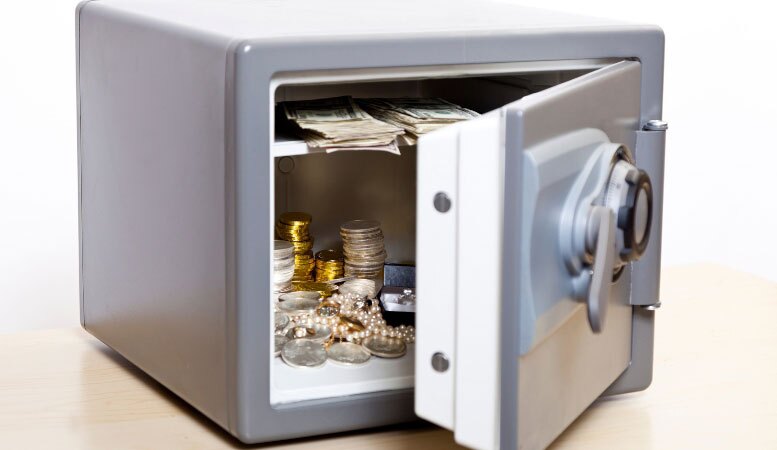
Home storage is suitable for small quantities of gold bullion, coins, or jewelry. A quick note: Storing your gold at home is possible for virtually any type of investment — except for gold IRAs. Those funds have to remain in a third-party depository.
Advantages
- You don’t have to pay storage fees
- 24/7 access to look at, touch, or hold your gold
- You have sole discretion over the physical location of your gold
Disadvantages
- Standard homeowner’s insurance policies have limited coverage for precious metals
- You could lose your investment to a thief or burglar
- Your gold is susceptible to natural disasters like fires, floods, or earthquakes
Tips for Securing Gold at Home
Most investors who store gold in their homes either bury it, hide it, or put it in a safe.
- Only tell one other trusted individual where your gold is stored
- Be creative; use decoys and hide your gold in layers
- Make it as challenging as possible to access your gold
Can You Store Gold in a Bank Safe Deposit Box?
Yes, you can store gold, silver, and other precious metals in a bank safe deposit box or secure vault. Again, bank vault storage and safe deposit boxes are only for private investments. The Internal Revenue Service (IRS) doesn’t let you store IRA-eligible gold or silver at home or in the bank, only in the physical possession of a trustee (a.k.a. a third-party depository).
Advantages
- Safe deposit boxes are safer and more convenient than home storage
- Bank storage fees are less than at a third-party depository
- Only you have the key to your deposit box
Disadvantages
- You can only access your gold during banking hours
- The bank’s FDIC insurance doesn’t cover items in safe deposit boxes
- Large amounts of gold won’t fit in a single deposit box
What Is Third-party Gold Storage?
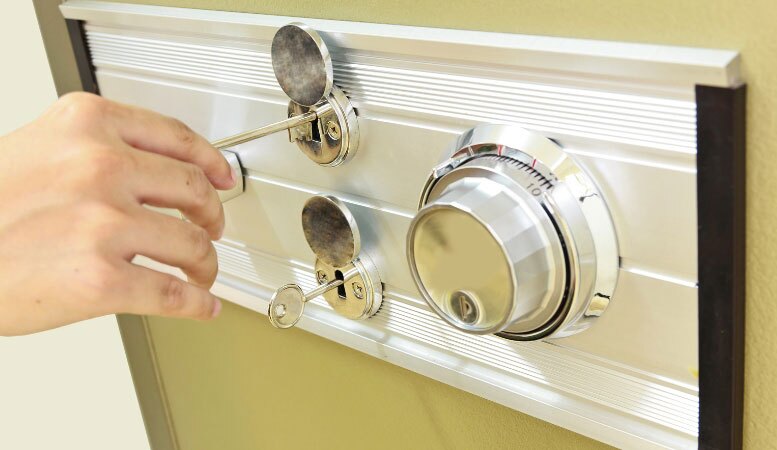
Many investors keep their gold in a third-party storage facility, like a Brink’s depository. The sole purpose of these facilities is to provide a safe and secure location for storing precious metals (such as gold, silver, platinum, and palladium). It’s also ideal for high-volume, large, and bulky collections of physical bullion, bars, or coins.
Advantages
- Round-the-clock surveillance of your investments
- State-of-the-art security features
- Safer than home or bank storage
- Offers private insurance to protect your gold
- Suitable storage facility for IRA-eligible gold
Disadvantages
- Limits physical access to your investment
- Expensive monthly storage fees
- Some depositories charge withdrawal fees
Why Use Third-party Gold Storage?
The best benefit of using third-party precious metal depositories or storage facilities to house your gold is the level of safety and security they provide. Protecting people’s investments in precious metals is all they do, and they have cutting-edge security features to prove it.
Also, most such facilities have 24/7 live video surveillance for clients, climate-controlled storage vaults, and trained security experts. Ultimately, a vault or authorized depository is the safest place to store investment-grade gold.
How To Choose a Third-party Storage Facility
Follow these tips and advice when comparing third-party storage depositories:
- Spend time researching the reputation of each facility
- Read through past client reviews
- Find out whether you can tour the facility
- Ask what type of security systems they have in place
- Does the facility offer segregated (separate) or allocated (together) storage?
- Break down the fee schedule for each potential depository
- Are there any size limits or minimums to store your gold there?
What Are the Costs Associated With Third-party Gold Storage?

Maybe you just purchased a few gold coins, opened a gold IRA, or invested in 15 American Gold Eagles. If you plan to store your gold in a third-party storage facility, like a depository, don’t forget you’ll have to pay regular fees.
Depositories charge investors annual storage fees. Most calculate as a percentage of your total investment, usually between 0.5% and 1%. You may also have to pay insurance fees and withdrawal charges.
Should You Consider Offshore Storage?
Have you been looking into offshore gold storage? Consider the pros and cons:
Advantages
- Protects your gold investments from government seizure
- Diversifies your wealth portfolio
- Offers financial privacy
- Some countries don’t report asset holdings to the IRS
Disadvantages
- Lowers the liquidity of your precious metal assets
- Requires traveling out of the country to access your gold
- Very high costs for shipping, storage, and insurance
How To Choose an Offshore Storage Facility
Storing your gold investments offshore is no small task. We’ve outlined some critical considerations to help you choose the ideal foreign storage facility for your gold holdings.
Which jurisdiction will you choose? Free-trade zones are ideal, but the best countries for offshore gold storage include:
- Singapore
- United Kingdom
- New Zealand
- Austria
- Switzerland
- Israel
- Australia
- Thailand
- Canada
- The Cayman Islands
Does the country in question have frequent political unrest or economic uncertainty?
Is the storage facility easy to access as a foreigner?
Are you confident in the safety and security measures of the location? Always choose private storage facilities, and avoid bank vaults.
Regulations Governing Offshore Gold Storage
The rules and regulations for offshore gold investments vary from country to country. However, the asset’s ownership and method of holding are the primary determining factors.
Generally speaking, investors who directly own precious metals like gold, silver, etc., don’t have to report those holdings on international forms like the Report of Foreign Bank and Financial Accounts (FBAR).
Factors To Consider When Storing Gold
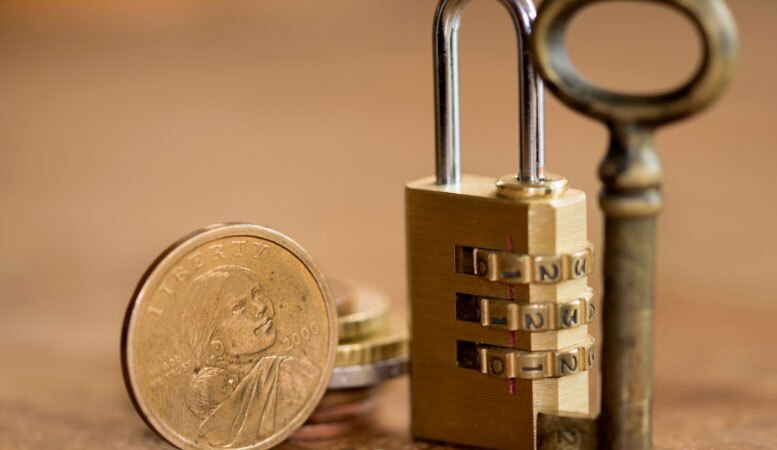
Security
Safety and security are the first factors to consider when choosing a storage location for your gold. For example, storing your gold at home could leave it vulnerable to thieves. The safest storage location for physical precious metals like gold is a third-party depository.
Accessibility
Before you choose a storage location, ask yourself: How easy will it be to access my gold? Home storage offers the fastest and easiest access. Bank safe deposit boxes are also easily accessible but limited to banking hours. The least accessible location would be offshore storage.
Cost
How much will it cost to store your physical gold holdings? Banks charge fees for using their safe deposit boxes, and depositories charge for storage, insurance, and withdrawals. Storing your gold at home is usually the most affordable method.
Liquidity
The liquidity of your gold assets is critical. If you store your gold in a location where it’s not easy to withdraw and sell, you could miss out on lucrative opportunities to make money when the market fluctuates.
Privacy
Offshore gold storage provides the most privacy for your finances and keeps those assets away from the prying eyes of Uncle Sam. Consider how close you want to hold your cards to your chest before you make a final decision on where you’ll store your gold.
Should You Insure Your Stored Gold and Other Precious Metals?
Are you planning on storing your gold inside your home? If so, be forewarned: Most homeowner’s insurance policies offer limited coverage for precious metals, typically no more than $5,000.
Investors with gold assets worth more than $5,000 should seriously consider purchasing an additional insurance policy. However, by doing so, you’re inadvertently allowing more people to know you have gold in your home.
Furthermore, any gold you store in a bank’s safe deposit box doesn’t qualify under their FDIC insurance. Depository storage is the safest bet, as it offers specialized insurance coverage for your gold.
Tips for Safe and Secure Gold Storage
Choose a Reputable Storage Provider
Before you store your gold with any type of provider, take the time to review the company’s background and reputation thoroughly. The best facilities have large, satisfied customer bases and are completely transparent about their methods, fees, etc.
Conducting Due Diligence Before Storing Gold
Gold is an expensive commodity, which is why you should spend time researching, comparing, and performing due diligence on each storage facility you’re considering. Don’t be lazy when it comes to this task — doing so puts your money and financial future at risk.
Maintaining Records of the Gold Holdings
Storage facilities that perform regular inventory audits — both physical and by weight — and maintain meticulous records of their gold holdings offer the best security and safety. Many depositories also upload their records online for clients to view, giving them peace of mind and confidence.
Regularly Reviewing and Updating Storage Arrangements
The leading gold storage facilities routinely review the security, efficiency, and stability of their storage arrangements to check for strengths, weaknesses, and potential opportunities for improvement. Clients will receive prompt notification of any updates, and these regular assessments help safeguard the inventory and ensure the facility provides top-notch service.
Build Your Wealth Portfolio by Investing in Gold With Oxford Gold Group

Leaping into the world of gold and precious metal investing is undeniably thrilling. However, don’t let the excitement distract you from taking care of important tasks, like finding the safest storage methods for your gold holdings. To learn more about how to store gold and precious metal investing, call Oxford Gold Group now at 833-600-GOLD and speak with one of our financial experts.
